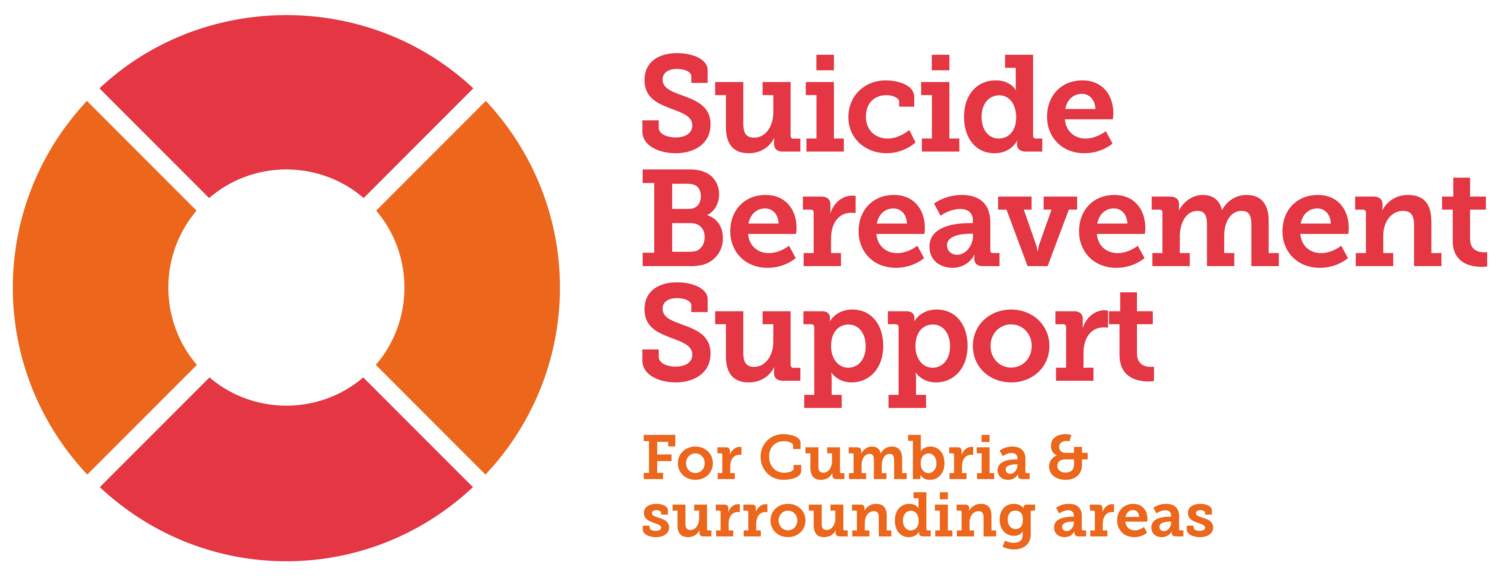A father's mental health mission after his son's suicide
/This blog is extracted from the article 'A father's mental health mission after his son's suicide', originally posted by Giancarlo Rinaldi on BBC News on Tuesday 10 October 2017.
Images courtesy of BBC
Frank Ritchie measures his words, compelled by something inside him to talk about a subject many people would not or could not discuss.
His son, Alan, took his own life at Lockerbie railway station in June 2015 aged just 31.
After the funeral, Mr Ritchie decided to find out all he could about suicide and what more could be done to help people like his boy.
It was not about blame, more about focus and purpose, he explained.
"I've spent the last two years in a sense investigating the many charities that are involved in mental health in Dumfries and Galloway," he said.
"And what I hope to do within the next year or so is focus on perhaps one or two.
"I am finding out about all of these charities and then focusing in on maybe one or two where I can be of best use to them.
"There are many, many charities out there and many people are perhaps not aware of that and aware of the help that they can get if they can just get to the website or a telephone number or something like that."
Images courtesy of BBC
Mr Ritchie said his son was willing to talk about his mental health issues
He said the Scottish government was already doing good work to raise awareness of mental health with a 10-year action plan and its work on a suicide reduction strategy which he has been involved with.
"That's where I hope that I can spread the message and signpost to people who may wish to help," he said.
He recently spoke to a group of 50 mental health nursing students and, through what he describes as his "journey" with his own son, he feels he can help others to understand the issue.
"He wasn't a youngster who hid his depression and anxiety - he was very willing to talk about it," he said.
"He spent really half his lifetime seeking ways to help him cope with his anxiety and depression - medication, therapy, going to Samye Ling and so on."
'Lot of strength'
Mr Ritchie said that if someone facing mental health challenges could talk to someone it could help their journey to "discovery and recovery" rather than feeling isolated and alone.
He said: "It takes a lot of strength to actually admit: 'I don't feel well, there is something wrong with me psychologically and I need help.'
"That can sometimes be something which they suppress all the time until perhaps it is too late.
"Listening is very, very important."
He added that simply telling someone to "man up" - as was often done - was not the way to help.
He said: "That's not the right answer - the right answer should be: 'Let's sit down, let's talk about it, let's discuss it and let's see where, if you feel you want help, you can get help.'"
'Strictest confidence'
Mr Ritchie said that employers could also have a part to play.
"A good organisation, a caring organisation will call in such charities as, say Samaritans, who will talk to employees about what work they do," he said.
He said that it sometimes helped to talk to an outsider.
"Some people who have these mental health challenges don't necessarily want to discuss it or open up to family and friends but they may wish to open up to somebody who is impartial, who is non-judgmental, who is a stranger," he said.
"They can speak to you in the strictest confidence.
"When you are talking to people about their problems and their issues it is so important you listen and you don't judge and you don't particularly give advice."
Occasions like World Mental Health Day, which falls on 10 October, help to highlight these issues.
'Help at hand'
Mr Ritchie, from Lockerbie, said he had found local politicians had also been willing to spread the word about mental health and the help available.
In some circumstances he believes it is appropriate to contact the emergency services - or seek urgent medical help.
"If you are in a crisis and you are feeling so low that you may wish to injure yourself or take your own life - call an ambulance, talk to a friend, talk to a member of your family, go to A&E.
"That's not just a personal thing that is actually written within the strategy that I have looked at through the Scottish Parliament."
He said that was an option many people might not have thought about.
"If you break your leg, or you're in a car accident or suddenly you've got a terrible sore stomach or a blinding headache you go to A&E," he said.
"If you're depressed, if you're low if you don't know where to turn then phone Samaritans or go to A&E and take it from there, help is at hand."
You can read the original article here.
Images courtesy of BBC.




